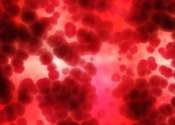Molecular response to traumatic injury characterized for first time
The first-ever, in-depth characterization of the body's response to traumatic injury was published today in Cell Reports Medicine by University of Pittsburgh School of Medicine physician-scientists. The results of their multiomics ...
Dec 21, 2021
0
38








